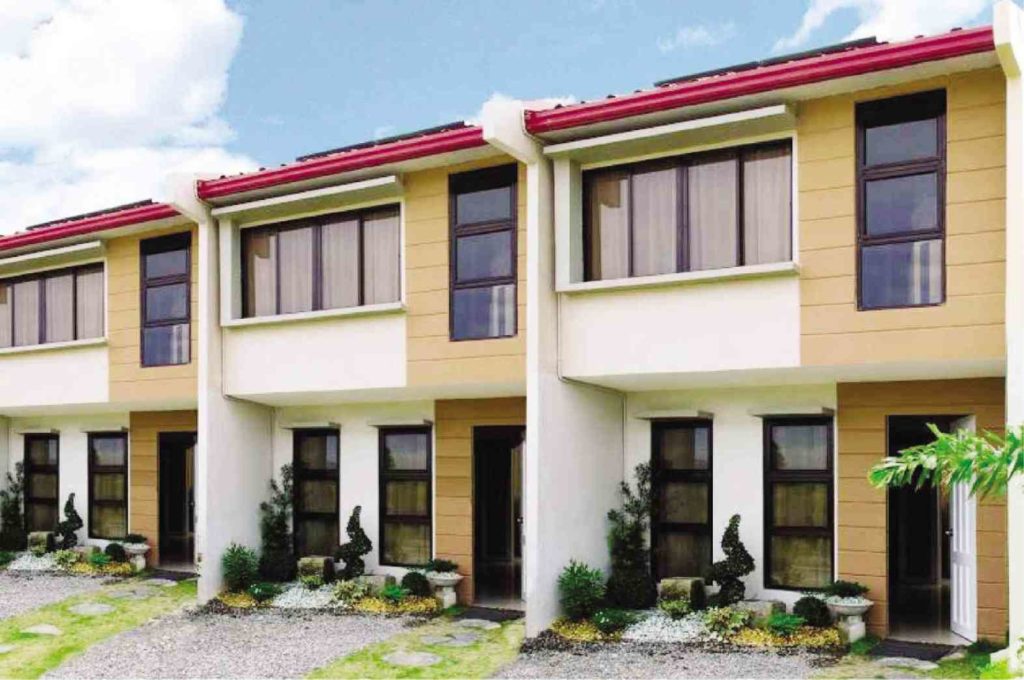
According to the Chamber of Real Estate and Builders’ Associations Inc., this move would only “escalate the prices of housing units beyond the affordability level of the millions of homeless.”
“This will gravely affect government efforts to address the perennial and ever-increasing housing backlog which the Housing and Urban Development Coordinating Council (HUDCC) has announced to have reached 5.7 million units as of 2016,” Creba national president Charlie A. V. Gorayeb was quoted in a statement as saying.
Citing government figures, Gorayeb noted that majority of housing loan availments via the PagIBIG Fund for the last decade remained somewhere at the P800,000 level.
Without the VAT exemption, buyers of this type of housing units would have to bear at least P96,000 in additional cost, “effectively putting low-income earners at risk of not being able to afford their monthly amortizations,” he warned.
Creba issued the statement amid reports that the Duterte administration wanted to overhaul the outdated tax system through the removal of certain exemptions including those for housing.
The group based its comments on House Bill No. 4688, which was filed by Rep. Joey Salceda. The said bill reportedly envisions comprehensive “tax reforms for acceleration and inclusion.”
‘Pro-poor’ tax reforms
The Department of Finance, however, was quick to defend its proposed reforms.
A statement quoting Finance Undersecretary Karl Kendrick Chua pointed out that the impact of removing tax exemptions on socialized and economic housing projects would be marginal and would even be pro-poor.
“The price increase will only be slight and will remain affordable for buyers because even if the 12 percent VAT is applied on low-cost and socialized real estate developments, the tax increase will actually be only around 4 percent because VAT inputs can be credited instead of the usual practice of padding the final price to offset the cost of input VAT,” Chua said in a statement.
“Assuming a 50 percent markup for low cost housing developers, the price increase for a P1 million house will be only P37,000, which is just 3.7 percent of P1 million,” he had explained.
He claimed that in removing exemptions, the government will curb some “abuses.”
“The transfer pricing scheme employed by some property developers to avoid paying VAT, such as moving the input VAT from exempt to VATable sales lead to massive leakages,” Chua said.
Heavily taxed
At present, the BIR grants VAT exemptions to all house and lot packages that cost up to P3.199 million per unit.
Even then, Creba national chairman Noel M. Cariño still claimed that housing remains to be one of the most, if not the most “heavily-taxed, highly-regulated” industry in the country.
The proposal to lift exemptions will thus only serve as “a big disincentive to socialized and economic housing beneficiaries as the VAT will be for the account of the homebuyers and not the real estate developers,” Cariño said.
Despite such tax exemptions, socialized housing remains a formidable challenge for the government. Many Filipinos remained hard pressed to buy their own homes due to low incomes and lack of access to financing.
Housing backlog
Last year, the backlog had ballooned to an estimated 5.7 million units. Projections according to an industry official showed that the socialized housing backlog may even reach a high of 12 million units by 2030.
The number of homeless families meanwhile has also grown at a rate of 3.4 percent annually, according to estimates by the National Economic and Development Authority (Neda).
Given such dismal numbers, the government should thus take stock of the more pressing concerns.
Whether or not the government pursues this tax reform package that will see the lifting of exemptions, what is more important is to find effective ways to address the perennial and worsening housing backlog, which continues to deprive many Filipino families of their right to a decent home.